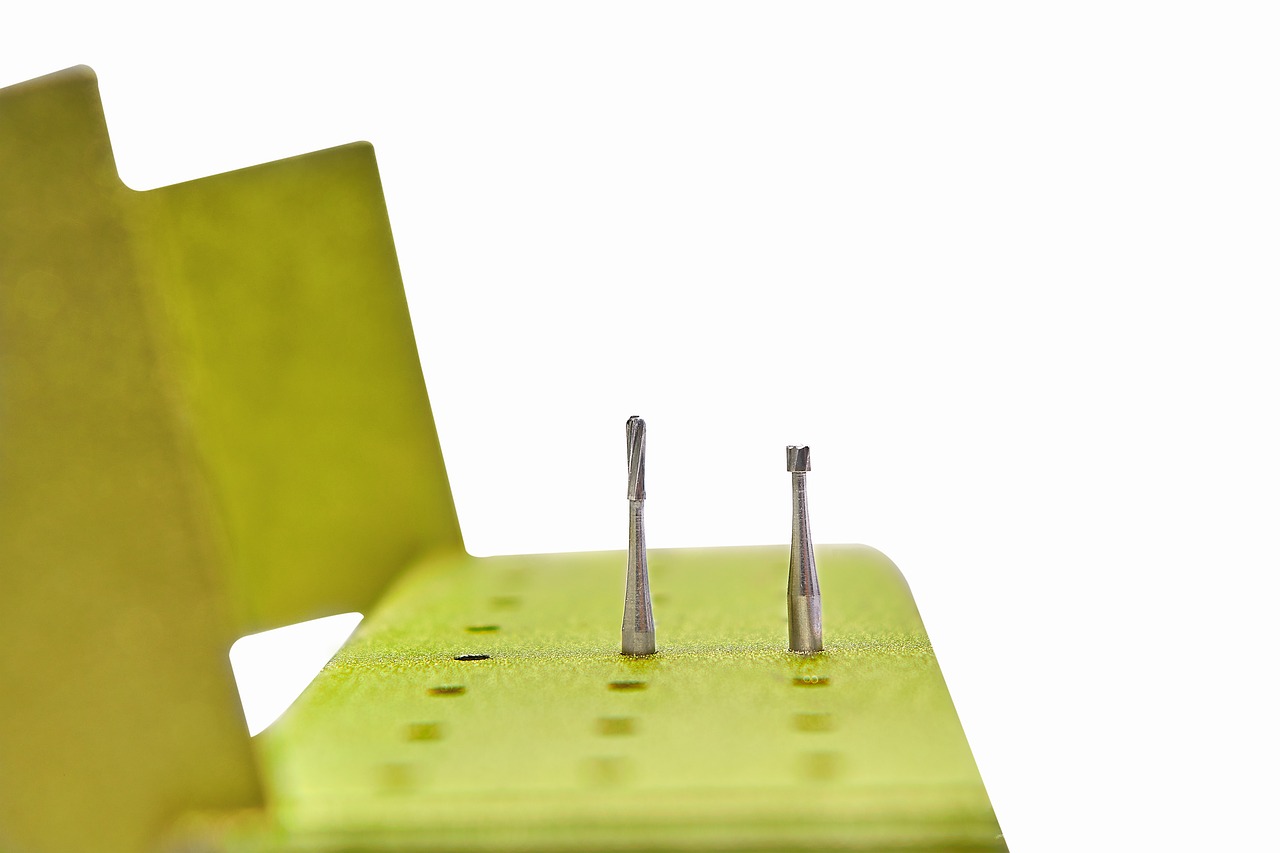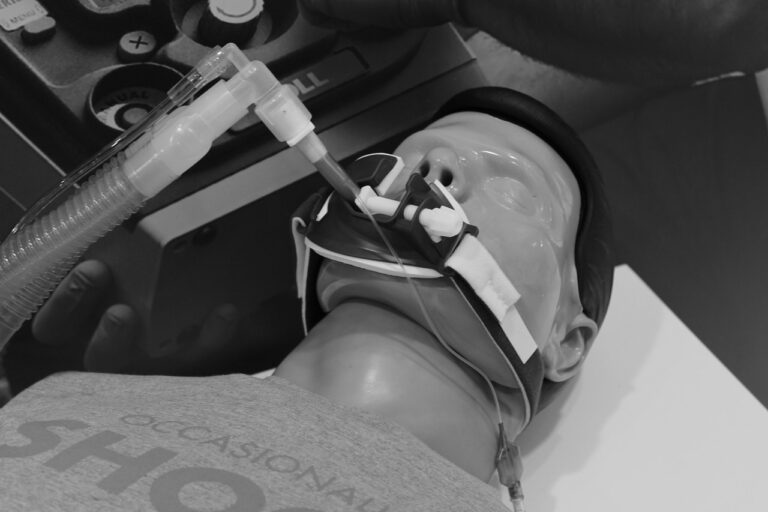Allied Health Professions Continuing Education: Enhancing Clinical Knowledge
11xplay.com login, lesar 247.com, tiger 247 login: Allied health professionals play a crucial role in the healthcare industry, working alongside doctors and nurses to provide high-quality care to patients. From physical therapists to medical technologists, these professionals undergo extensive training to acquire the necessary skills and knowledge to excel in their respective fields.
Continuing education is essential for allied health professionals to stay updated on the latest developments in healthcare and enhance their clinical knowledge. By participating in ongoing training and education programs, these professionals can stay current with best practices, new technologies, and emerging treatments, ultimately improving patient outcomes and advancing their careers.
Why is continuing education important for allied health professionals?
Continuing education is essential for allied health professionals for several reasons. First and foremost, it allows these professionals to stay informed about the latest advancements and trends in their field. As healthcare technology and treatments continue to evolve, it is crucial for allied health professionals to stay up-to-date to provide the best possible care for their patients.
Additionally, continuing education helps allied health professionals enhance their clinical skills and knowledge. By participating in training programs and workshops, these professionals can learn new techniques, hone their existing skills, and expand their expertise in specific areas of practice. This not only benefits the professionals themselves but also improves the quality of care they deliver to patients.
Continuing education also plays a vital role in career advancement for allied health professionals. By staying current with industry trends and acquiring new skills, these professionals can position themselves as experts in their field and increase their value to employers. This, in turn, can lead to opportunities for promotions, salary increases, and career growth.
Furthermore, continuing education helps allied health professionals meet licensure and certification requirements. Many regulatory bodies require these professionals to complete a certain number of continuing education credits each year to maintain their licenses or certifications. By staying compliant with these requirements, allied health professionals can continue practicing legally and ethically.
Overall, continuing education is essential for allied health professionals to enhance their clinical knowledge, improve patient care, advance their careers, and stay current with industry standards and regulations.
How can allied health professionals engage in continuing education?
There are numerous ways for allied health professionals to engage in continuing education and enhance their clinical knowledge. Many organizations offer online courses, workshops, seminars, and conferences specifically designed for allied health professionals. These programs cover a wide range of topics, including new treatments, advanced techniques, and industry trends.
Allied health professionals can also pursue advanced degrees or certifications in their field to expand their knowledge and skills. Many universities offer master’s programs, postgraduate certificates, and specialized training courses for allied health professionals looking to further their education and expertise.
Additionally, allied health professionals can participate in mentorship programs, shadowing experiences, and hands-on training opportunities to learn from seasoned professionals in their field. These experiences provide valuable insights, practical skills, and real-world knowledge that can enhance clinical practice and improve patient care.
Finally, allied health professionals can engage in self-directed learning by reading journals, attending webinars, and joining professional organizations relevant to their field. These resources offer valuable information, research findings, and networking opportunities that can support ongoing learning and professional development.
FAQs
1. How many continuing education credits do allied health professionals need to complete each year?
Allied health professionals are typically required to complete a certain number of continuing education credits each year, depending on their specific field and regulatory requirements. It is essential for professionals to stay informed about these requirements and ensure they are actively pursuing continuing education opportunities to meet them.
2. Can allied health professionals earn continuing education credits through online courses?
Yes, many organizations offer online courses specifically designed for allied health professionals to earn continuing education credits. These courses cover a wide range of topics and can be a convenient and flexible way for professionals to enhance their clinical knowledge and skills.
3. How can continuing education benefit allied health professionals in their careers?
Continuing education can benefit allied health professionals in numerous ways, including improving clinical skills, enhancing knowledge, staying current with industry trends, meeting licensure requirements, and advancing their careers. By actively engaging in continuing education, professionals can position themselves as experts in their field and increase their value to employers.
In conclusion, continuing education is essential for allied health professionals to enhance their clinical knowledge, improve patient care, advance their careers, and meet regulatory requirements. By actively pursuing ongoing training and educational opportunities, these professionals can stay current with industry trends, enhance their skills, and provide high-quality care to their patients.







